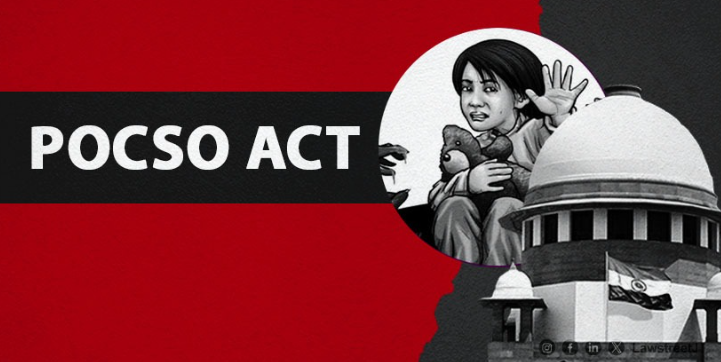SC Strengthening Law Against Child Pornography in India (GS Paper 2, Governance)

Why in News?
- The Supreme Court of India has made a significant move in combating child exploitation by reinforcing the legal stance against child pornography.
- This decision comes in response to a controversial ruling by the Madras High Court, which stated that passive consumption of child pornography did not constitute an offense under the Protection of Children from Sexual Offences (POCSO) Act or the Information Technology Act.
The Protection of Children from Sexual Offences (POCSO) Act
Overview
Enacted in 2012, the POCSO Act is India's first comprehensive law aimed at addressing sexual abuse against children. It is administered by the Ministry of Women and Child Development and seeks to:
- Protect children from sexual assault, harassment, and pornography.
- Establish special courts for expedited trials.
- Deter abusers through stringent penalties.
Key Provisions
- Gender-Neutral Definition: Defines a child as any person under 18.
- Mandatory Reporting: Individuals in charge of institutions must report any sexual offenses involving minors.
- No Time Limit for Reporting: Victims can report offenses at any time, regardless of when they occurred.
- Victim Confidentiality: The law protects the identity of victims, disallowing disclosure in media unless authorized by special courts.
Concerns
- The rise of child abuse, particularly post-COVID-19, has highlighted the urgency for better awareness and prevention mechanisms.
Examining the SC's Decision
Key Provisions of Section 15 of POCSO
The Supreme Court's interpretation of Section 15, which punishes the storage of pornographic material involving children, has been expanded. The court ruled that:
- Intent and Constructive Possession: The act of possessing child pornography can be inferred from failure to delete, destroy, or report such material. This encompasses "constructive possession," where individuals may not physically possess the material but have control over it.
- Broader Interpretation: Viewing, distributing, or displaying such material counts as possession under the law.
SC’s Recommendations to the Centre
In light of its decision, the Supreme Court made several recommendations:
- Amend POCSO: Change the terminology from "child pornography" to "child sexual exploitative and abuse material" (CSEAM) to accurately reflect the nature of the offenses.
- Support for Victims: Provide psychological counseling and educational support to aid recovery and reintegration.
- Cognitive Behavioral Therapy (CBT): Implement programs aimed at correcting harmful thought patterns among offenders.
- Coordinated Efforts: Enhance collaboration among educators, healthcare providers, law enforcement, and child welfare services to identify at-risk individuals and implement intervention strategies.
- Public Awareness Campaigns: Encourage vigilance and destigmatize reporting of abuse within communities.
- Expert Committee Formation: Create a committee to develop comprehensive health and sex education programs, increasing awareness of POCSO from an early age.
Conclusion
- The Supreme Court's decisive actions and recommendations signal a strengthened commitment to protecting children from sexual exploitation and enhancing the legal framework surrounding these issues in India.
- The focus on intent, awareness, and victim support is crucial in the ongoing fight against child pornography and abuse.


